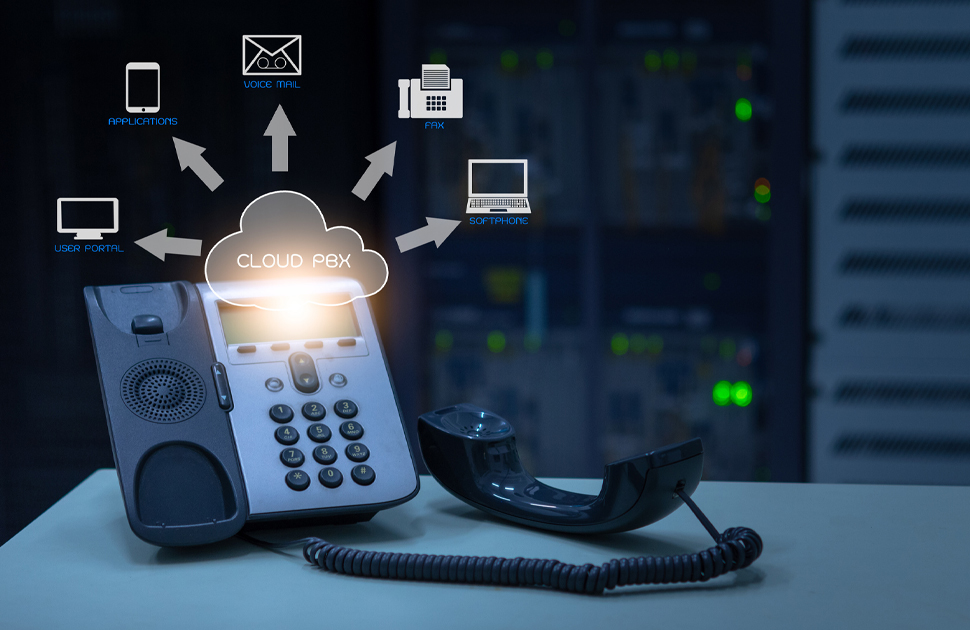For many companies, staying ahead of communication trends and keeping up with digital transformations is a preference in their business approach. In fact, PBX (PBX) is the second technology trend prioritized in customer experience (CX).
As more organizations look for ways to include a PBX phone system as one of their digital channels, it is essential to note that businesses around the world can benefit from this inclusion.
Efficient communication is the soul of operations. If customers find it difficult to communicate with a business, you will ultimately lose revenue and decrease your productivity.
To help you handle incoming calls smoothly, PBX phone system is the solution.
What Is a PBX Phone System?
A Private Branch Exchange (PBX) is a specialized company telephone system for exchanging calls between users on local lines. The system also allows these users to share multiple external phone lines.
The main purpose of the PBX system is to reduce costs, since if all the lines that a company needs to use originated from the local exchange of the telephone service provider, the cost would be very high.
The service provider runs a trunk line (SIP Trunk) connected to a switching facility at their premises as an alternative solution. From there, lines serving multiple extensions can be set up.
Although a PBX system uses Voice over Internet Protocol (VoIP) just like Session Initiation Protocol (SIP), it’s easy to confuse the two. The difference comes through logistics and how they are operated and used.
What Is a Mobile PBX and What Are Its Functions?
The mobile PBX is a hosted PBX where mobiles work as telephone extensions. VoIP phones can also be used. In addition, mobiles do not use an Internet connection for phone calls.
- The mobile PBX manages telephone calls and forwards them to fixed or mobile extensions.
- From mobile lines you can call directly using the mobile phone number and you can receive incoming calls from the PBX.
- Mobiles can transfer phone calls, divert them, receive phone calls from the PBX and much more.
What Are the Benefits of Using a Mobile PBX?
1) Internal Calls Are Free
All calls made from landlines to mobiles and from mobiles to company extensions or landlines are completely free. Thus, calls between company workers are free.
2) Full Mobility Is Achieved
Teleworking? Move while working? Receive calls while out of the office? All this and much more is possible because the mobile phone becomes part of the PBX, allowing total mobility and not missing any calls.
3) No Missed Calls
In addition to achieving total mobility, mobiles can be registered in waiting queues and various call strategies can be created so that the company’s calls are always answered.
4) No Internet Needed
Because Internet access is not required, these are regular calls and are always heard in high-quality sound. Being a regular mobile service is especially important, because the strength of an Internet connection can fluctuate and negatively affect call quality. However, because you are not using the Internet, you forget about that problem.
5) No Configuration Required
IP phones require configuration. With mobiles, all you have to do is insert the SIM card provided by the provider and the extension will be working.
6) Everything Is Unified: Landline-Mobile-PBX
Instead of having a telephone system where everything works dissociated almost as if it were not part of the same company, here we have a telephone system where mobiles are true extensions. They can transfer and receive calls from the PBX, be part of queues, office hours and much more. Definitely what professional mobile lines should be.
 Subscribe
Subscribe
 Ask for a demo
Ask for a demo

 3 min
3 min
